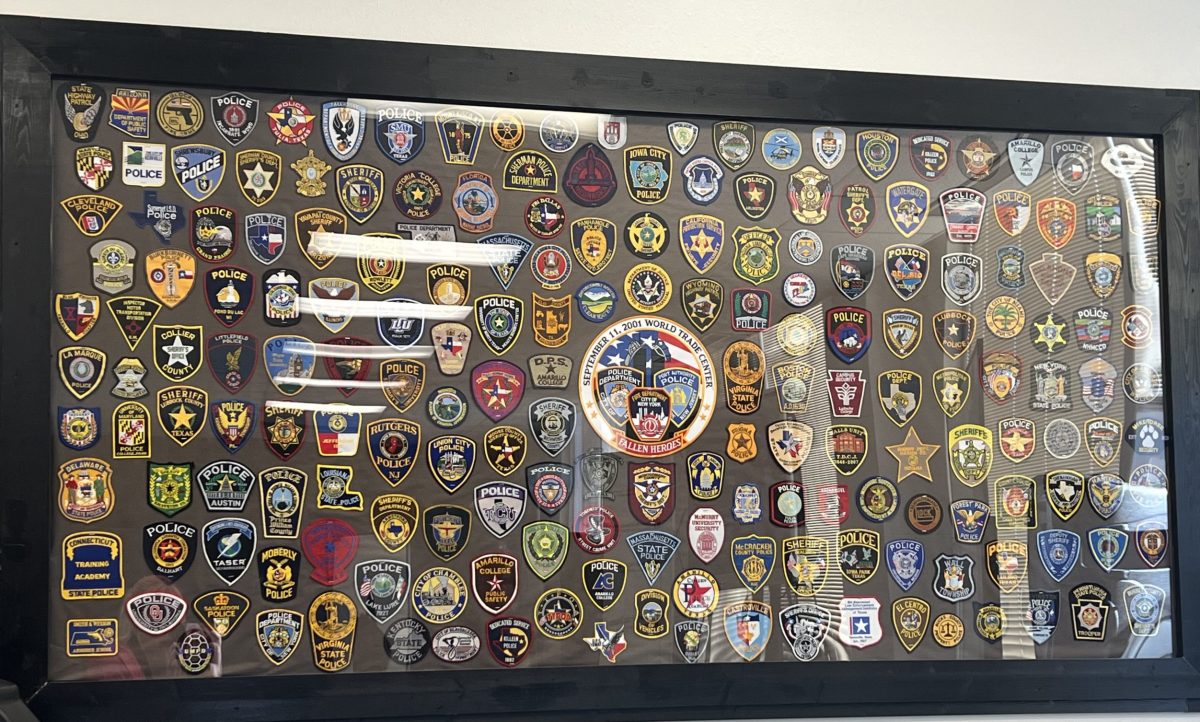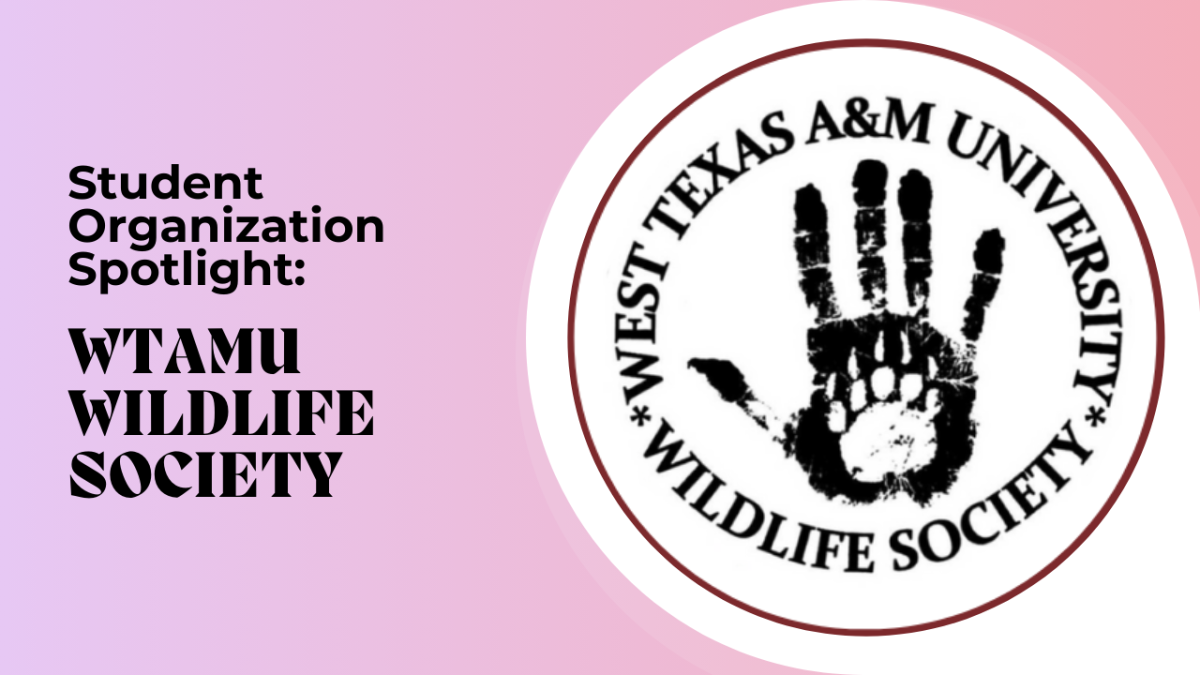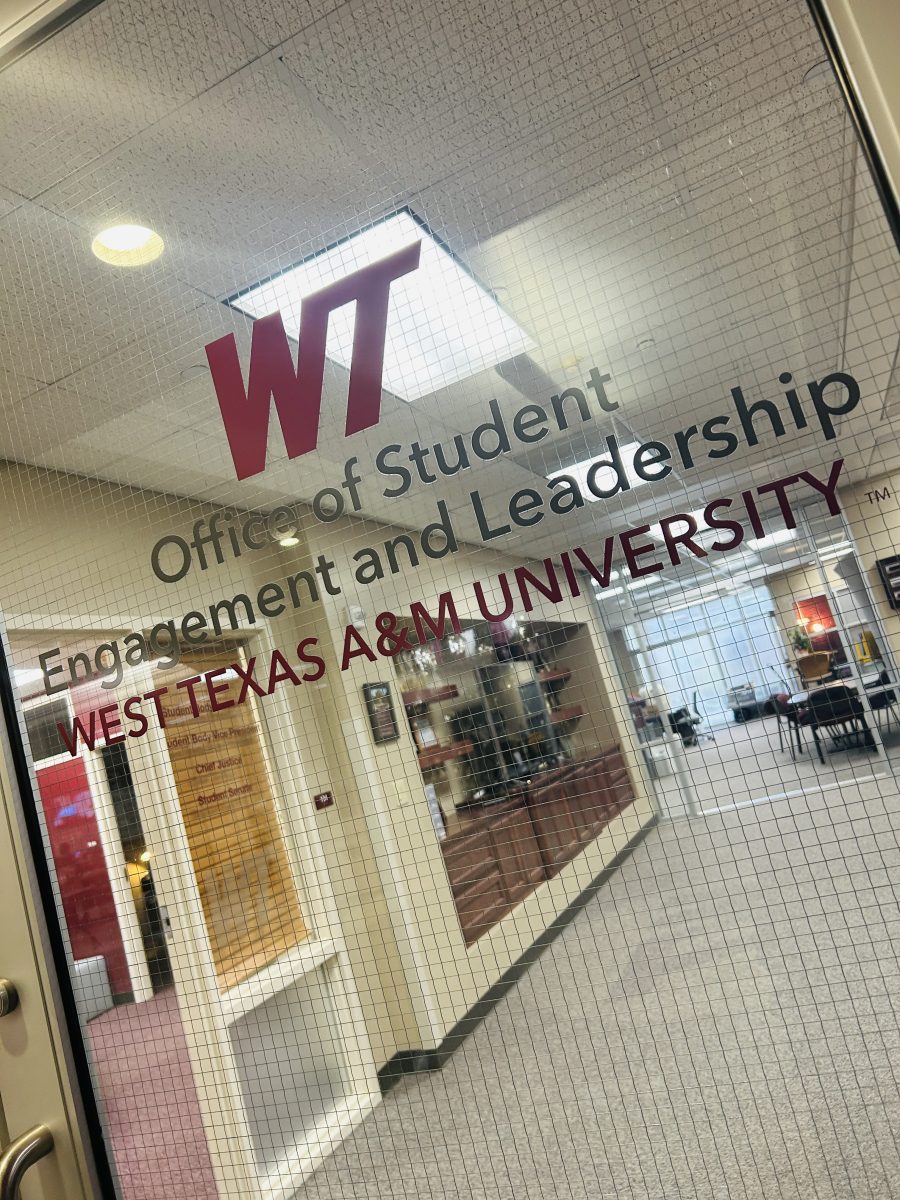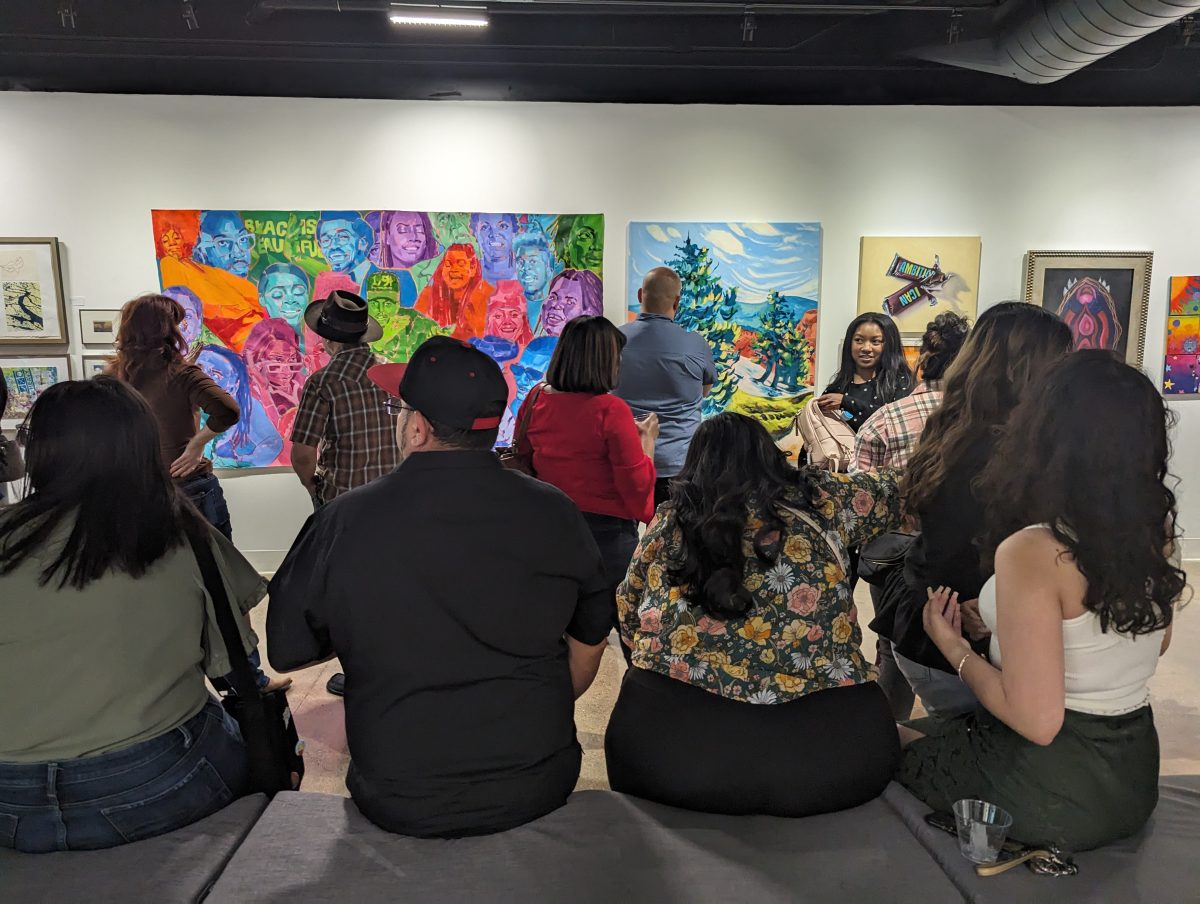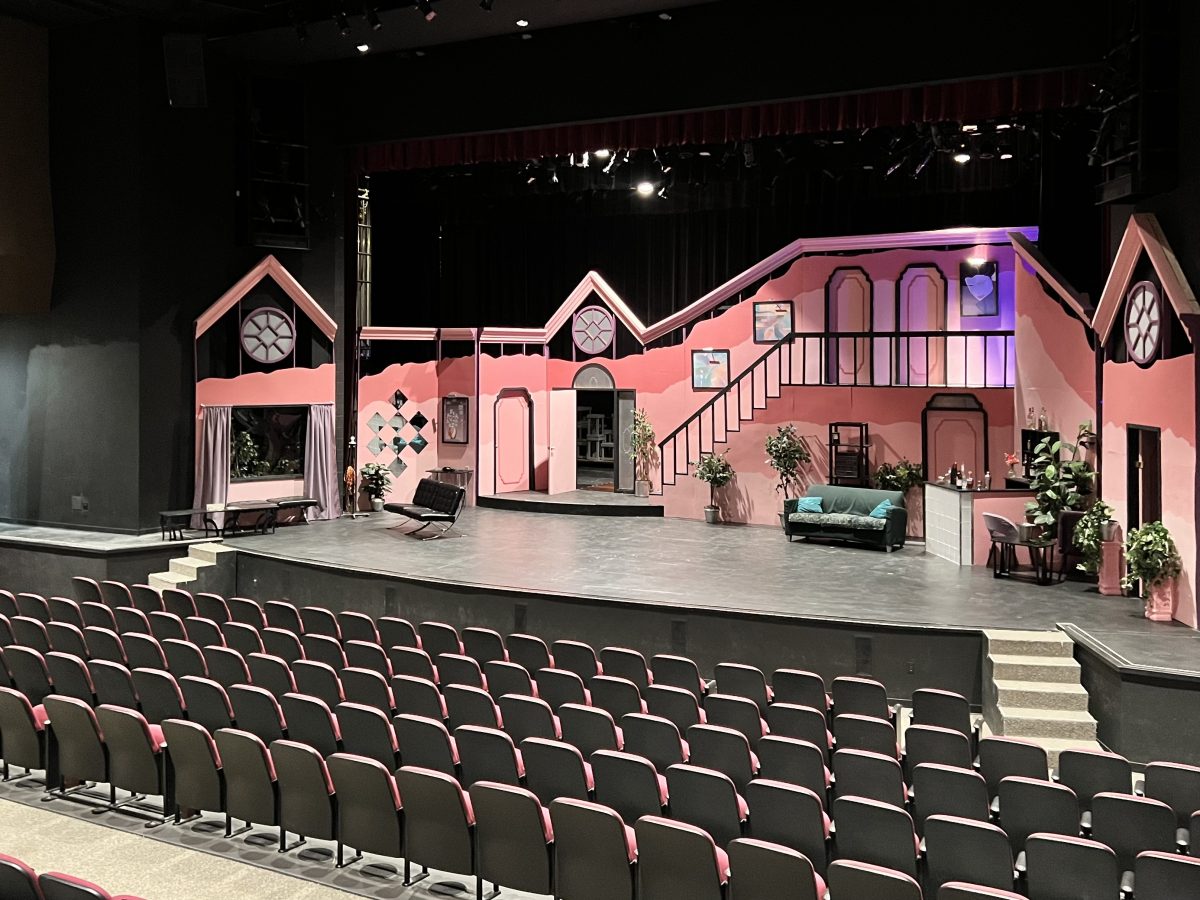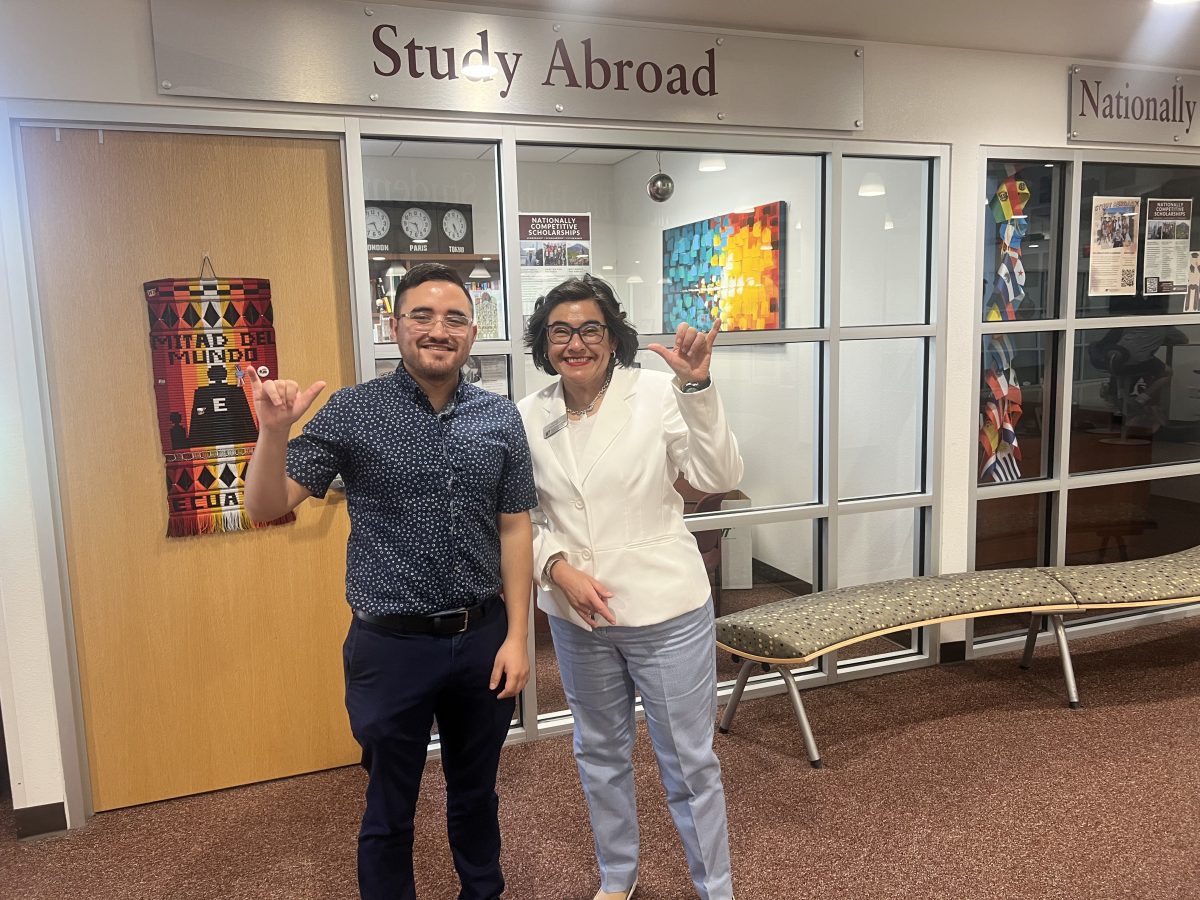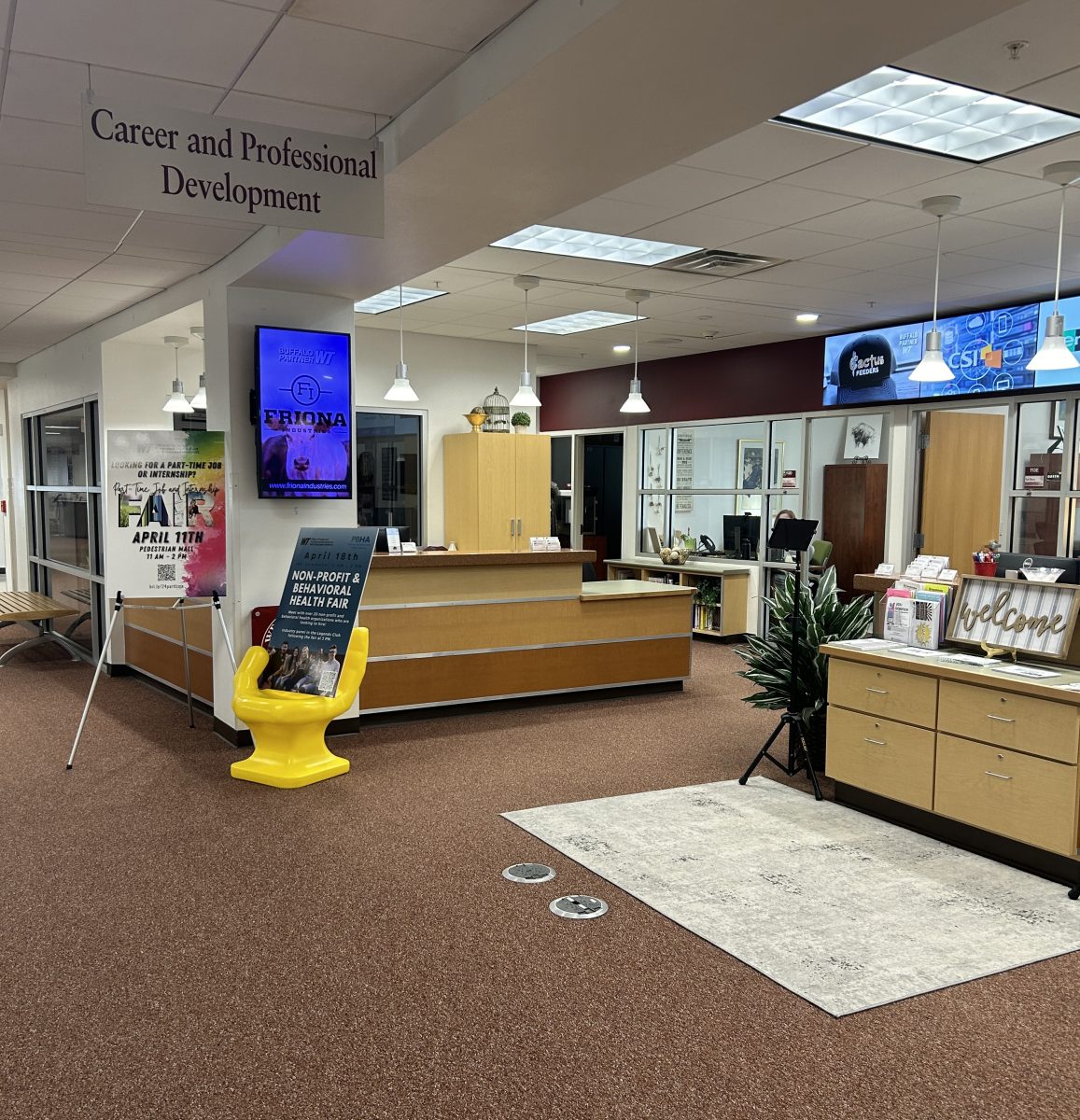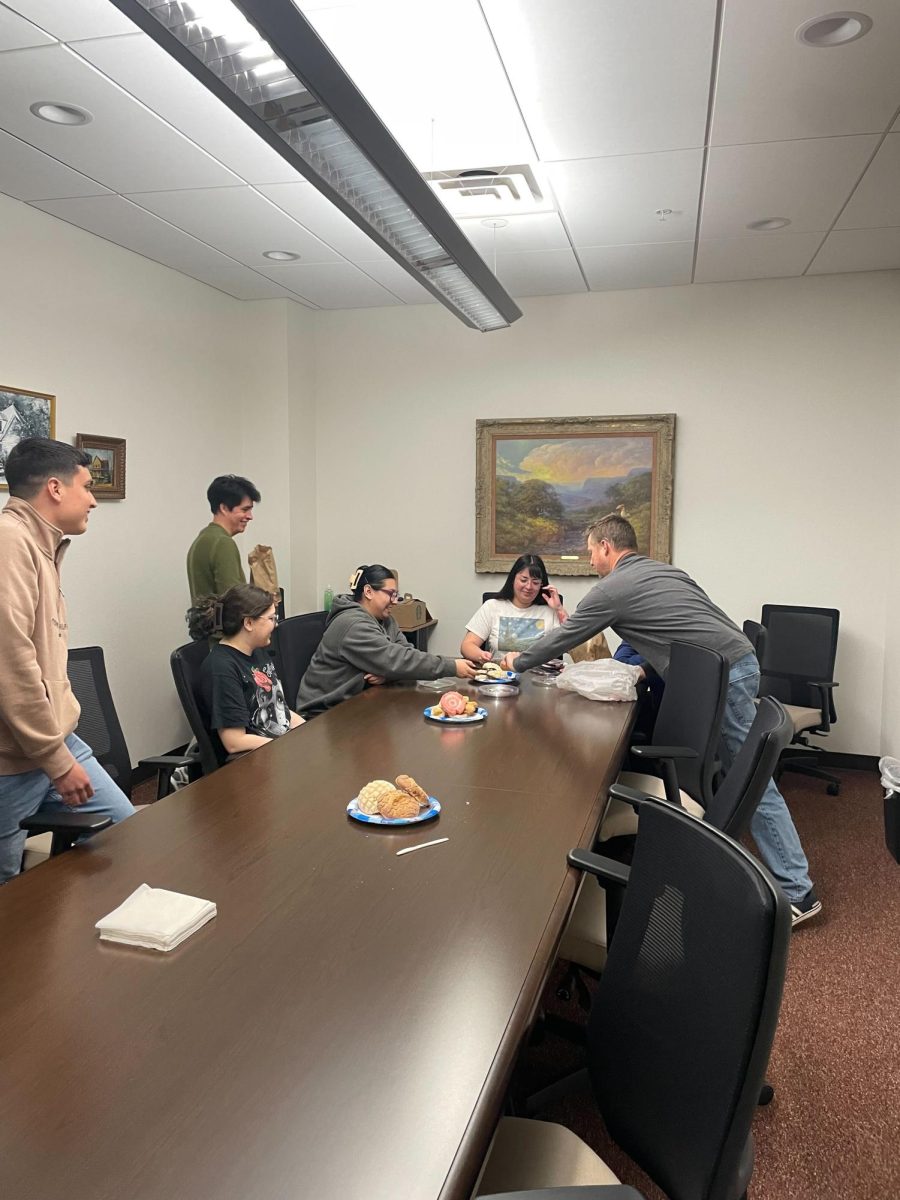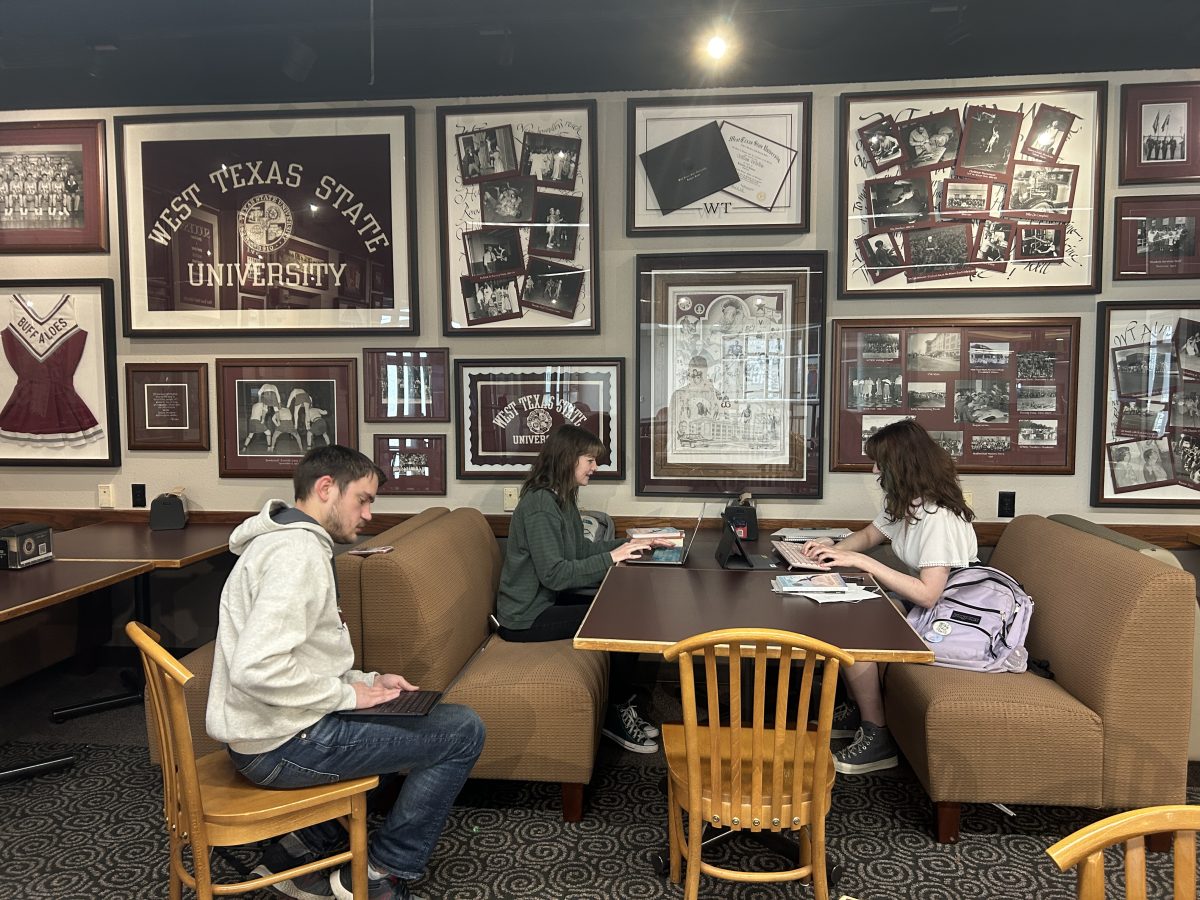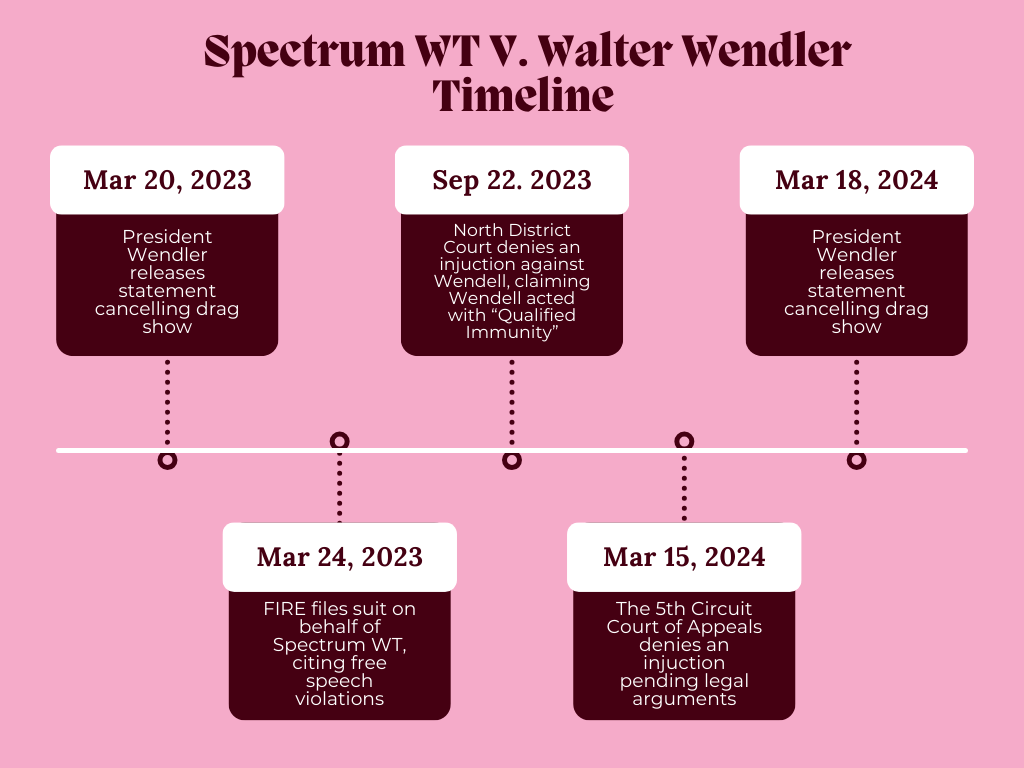Thousands of political scientists from all over the world gathered together for the eleventh biannual French Political Science Association (FPSA) Conference held in Strasbourg, France from Aug. 31 through Sept. 2. Among the participants were WTAMU’s Professor of Political Science Dr. David Rausch and his wife, Mary Rausch, head catalogue librarian of the Cornette Library.
The FPSA was created in 1949 and is responsible for the promotion of French research and encouraging academic discussion between professors, researchers and others concerned with political science. The conference invited scholars to engage in the study and comparison of French, European, and U.S. legislatures. Dr. and Mrs. Rausch decided to focus their studies on the differences between European inter-groups and U.S. Congress caucuses.
“Since we didn’t know anything about the French Parliament, we went for the European Parliament,” Dr. Rausch said.
An inter-group is to Europe as caucuses are to the U.S. They are specialized groups of individuals who wish to influence certain areas of policy.
“In Europe, there’s an inter-group on youth,” Dr. Rausch explained. “What should the young of Europe be doing? Well maybe the European parliament doesn’t talk enough about that, so [you can] create a group with members of European parliament that are going to study and advertise it.”
Although Dr. and Mrs. Rausch have degrees in political science, their knowledge of European inter-groups was limited and so were their resources, making the process a little more stressful.
“Some of the issues we had were the resources that are available here through WT,” Mrs. Rausch said. “We do have a lot of stuff, but not a whole lot on the European Parliament, inter-groups specifically.”
As a librarian though, Mrs. Rausch has access to many different documents and websites. Her knowledge of databases and research techniques helped ease the burden of some of those limitations.
“He likes to write and I like to do the research so between the two of us, we make a pretty good team,” Mrs. Rausch said.
Because the conference took place in France, language barriers offered another potential inconvenience for the couple’s presentation. But this was resolved thanks to the Rausch’s panel, who allowed the presentation to be in English. According to Mrs. Rausch, most people in Europe speak their international language in English rather than French, so the panel organizer adjusted accordingly.
“The organizer decided that we may certainly present in French if we want to, but the other language will be English, so ‘deal with it, French people,’” he said.
According to Dr. Rausch, this was not a normal occurrence and some attendees were upset about the decision, but the Rausch’s were not alone in their English presentation.
Despite a few language barriers and limited resources, the couple felt the experience was worth the time and effort. The opportunity to present a paper at an international conference allowed them to gain knowledge and experience.
“Every librarian needs to know at least a little bit about a lot of different things,” Mrs. Rausch said. “Now I know a little bit more about the European parliament.”
As for Dr. Rausch, he said he wants to use the opportunity not only for professional gain, but to help his students as well.
“I often hear students saying, ‘I really wanted to go to the (University of Texas) but I didn’t have enough money…so I had to go to WT,’” he said. “But we have faculty members here at WT who study stuff in Strasbourg, France, so what’s wrong with that?”



